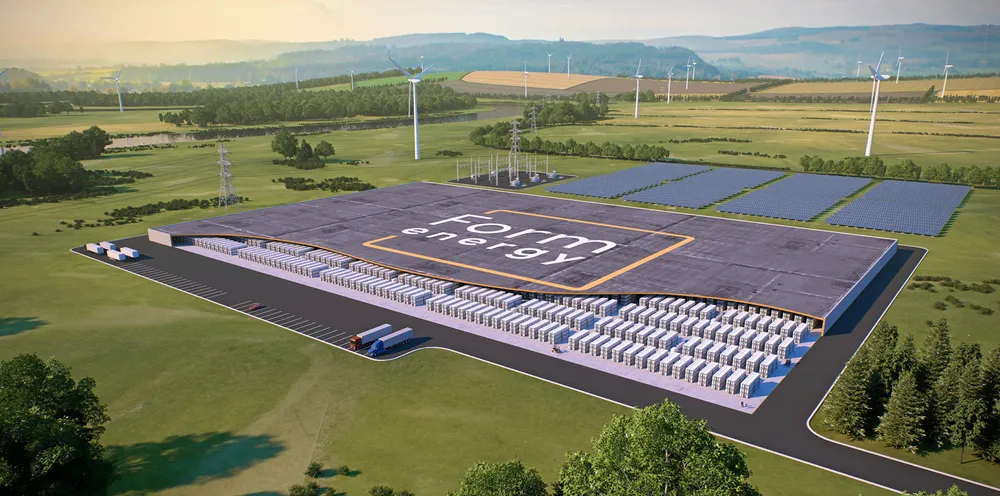World's cheapest energy storage will be an iron-air battery, says Jeff Bezos-backed start-up
Secretive US start-up Form Energy finally reveals the chemistry of its revolutionary long-duration battery — which it says will store energy at one tenth the cost of lithium-ion
